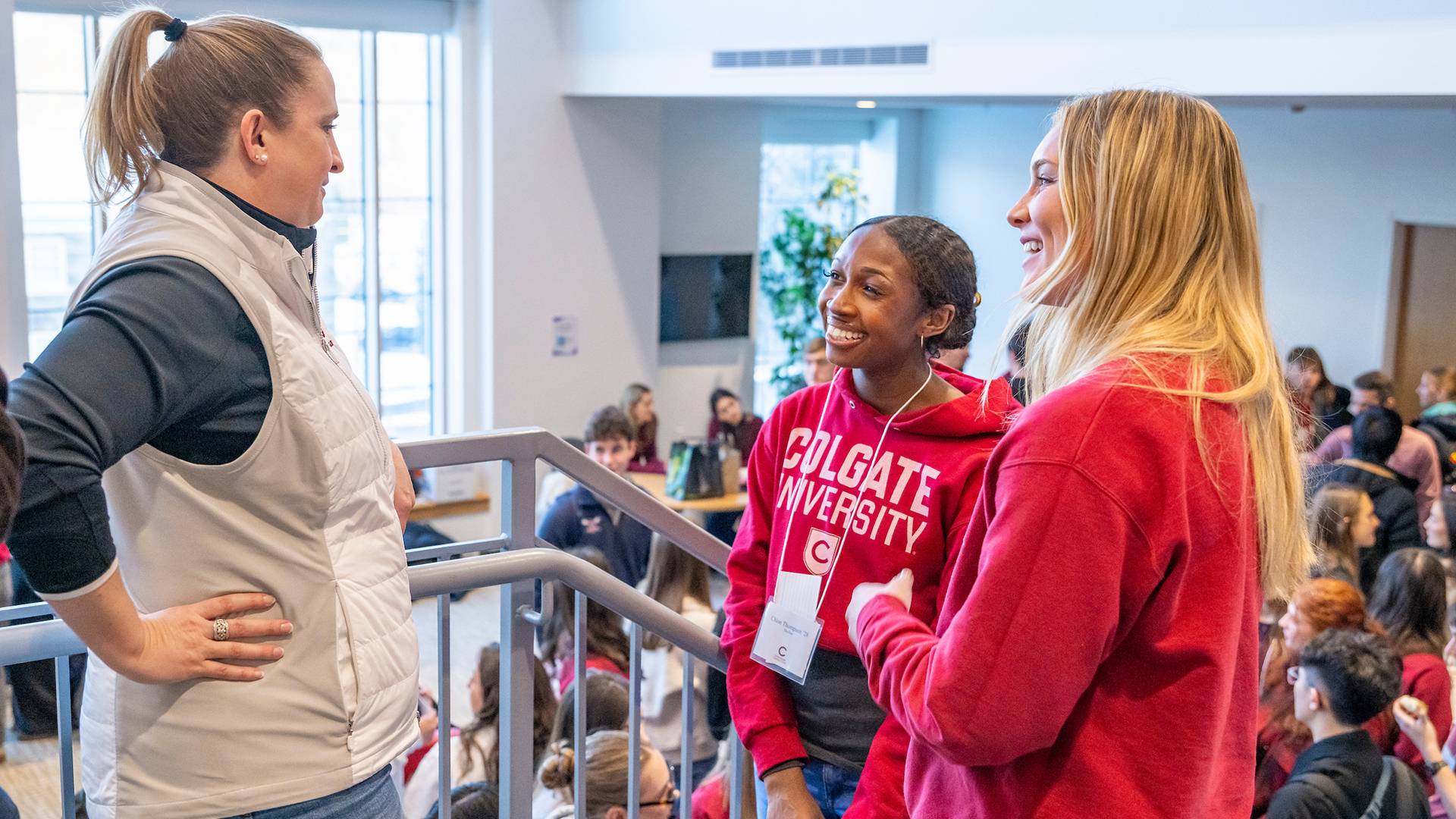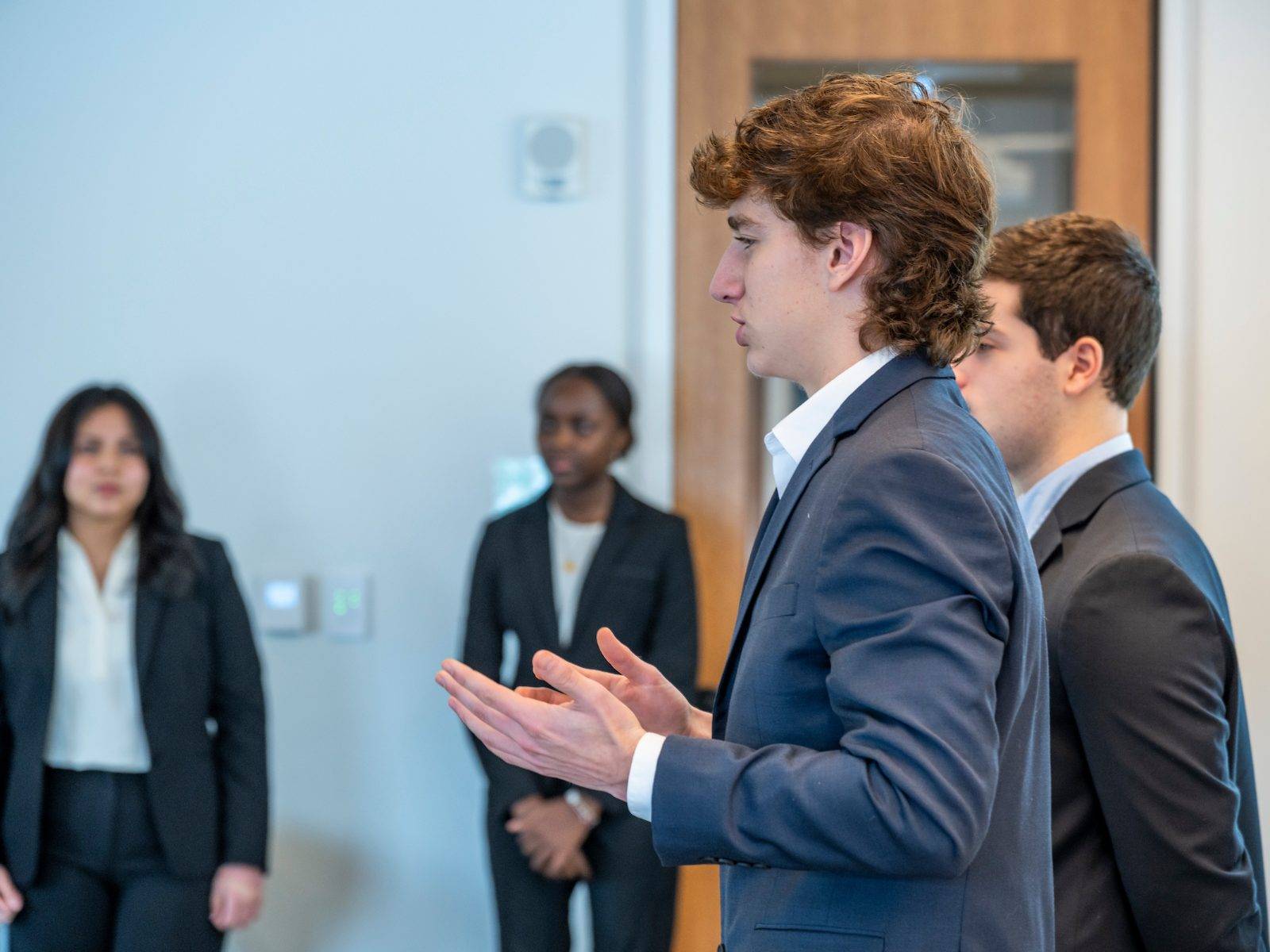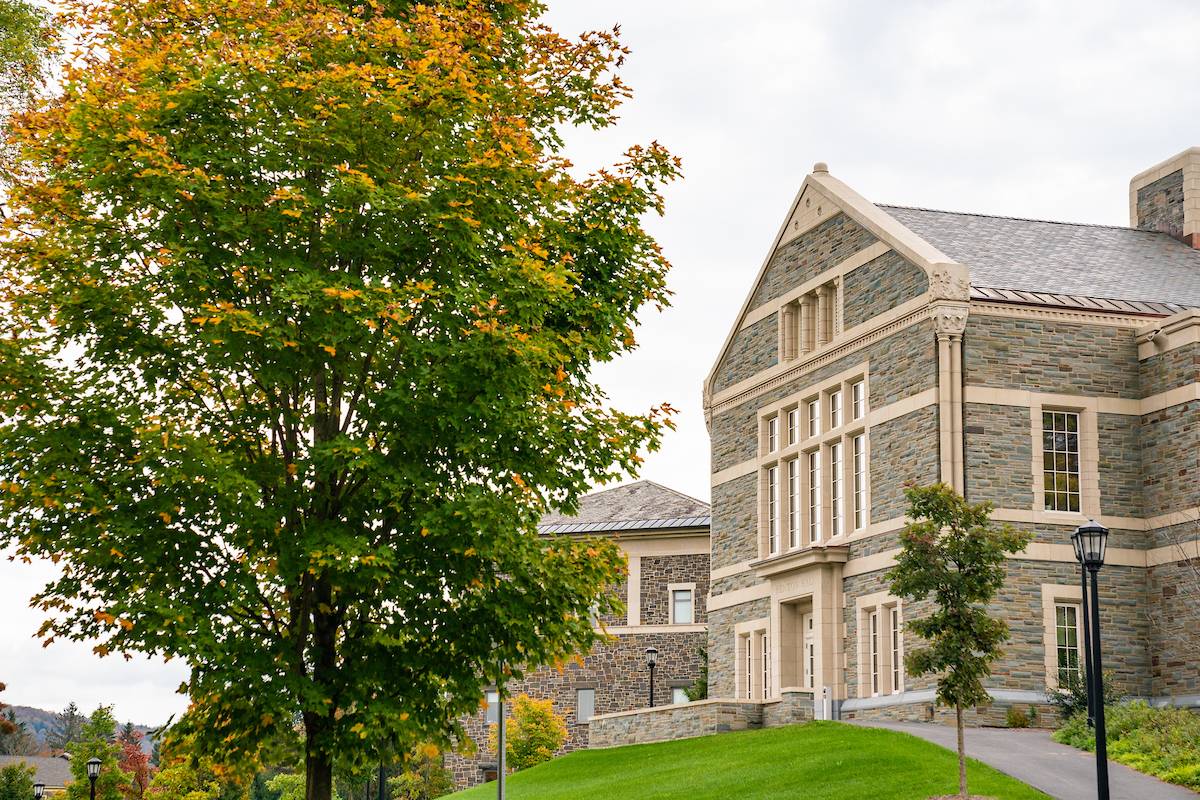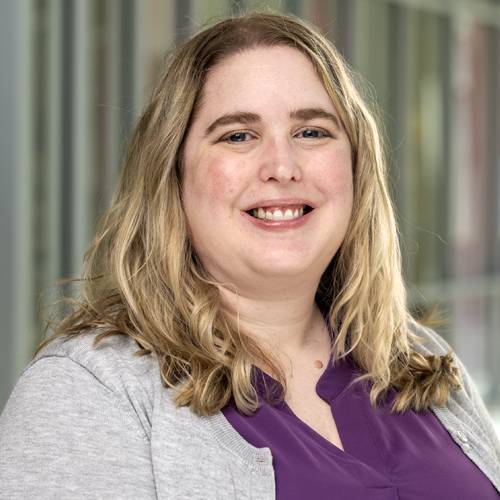Would you like to make a difference in the lives of others? Do you enjoy writing, reading, and interacting with students of all ages? Consider exploring a career in education.
There are many different ways to get involved in the education industry, and teaching is only one pathway. Some positions include, but are not limited to higher education administrators, test prep providers, athletic directors, K–12 school administrators, guidance counselors, or library instructors.
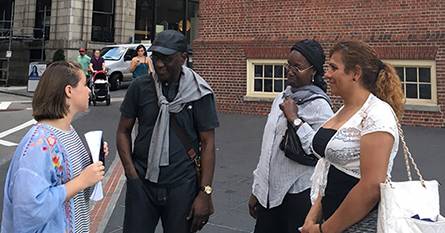
Explore Careers
Public schools are funded by taxpayers and divided into geographical districts that are run by elected local officials on school boards. They offer a tuition-free source of education for communities and can provide excellent career opportunities for teachers.
Teaching at a public school allows you to be part of the community while making a difference in children’s lives. Teachers often enjoy excellent benefits packages, including health insurance and retirement plans. However, public school districts may often contend with issues including facilities, class size, budgets, and administrative support.
Private schools operate independently of government administration at local, state, and national levels. They are funded primarily through tuition charges and retain the right to select their students. Because private schools do not receive tax dollars, they face fewer state requirements which allows for greater leeway in courses and curriculum standards than in public schools.
There are many types of private schools, varying in philosophies of education and services to students and communities. The teaching environment in private schools often differs from public schools due to several factors: greater classroom autonomy, motivated student bodies, strong community connections, and clear institutional missions.
While private school teachers exercise greater control over curriculum and classroom discipline, they typically earn lower salaries than their public school counterparts.
Teaching overseas is an excellent opportunity for those who want to spend an amount of time abroad. A significant majority of overseas teaching positions are focused on teaching English and usually do not require any special certification.
Tefl.net provides a helpful “Frequently Asked Questions” section for those considering teaching English abroad.
InterExchange presents a quick descriptive view of some of the types of teaching jobs available. English language skills are in high demand around the world.
Higher education refers to a variety of public and private institutions of post-secondary education. Institutions of higher education provide an intellectually stimulating environment supporting the growth and development of their students both in and outside the classroom. In addition to a stable workplace, colleges and universities often offer such benefits as access to facilities and events, health insurance, and retirement programs. For the most part, jobs in higher education require extensive work with students on the part of faculty and staff. Generally, positions fall into one of three sectors on campus: administration, positions such as the dean of faculty, treasurer, and director of development; faculty; and student affairs, financial aid, counseling, and career planning.
Most library employment involves working with the public and the technology used to collect, organize, and disseminate information and resources. Each library serves a unique community with materials and services that every employee needs to understand in order to connect users with appropriate resources for their needs. Librarians are natural collaborators who work closely with other groups and organizations. Librarians often perform a number of functions, including collection development, financial management, supervisory duties, technology troubleshooting, volunteer coordination, and information management.
The ALA describes some of the different jobs on this page: ala.org/educationcareers/careers
See also: What Do Librarians Do? from the Syracuse University School of Information Studies
Prepare for Jobs and Internships
Information, tips, and strategies to help prepare you as an undergraduate.
Through Colgate’s Department of Educational Studies, students can pursue the following programs:
- Undergraduate major or minor in Educational Studies
- Undergraduate teacher certification (New York State) at either the elementary or secondary level
- Master of Arts in Teaching and secondary school certification
Graduate School
There are many different education programs and specialties that exist. Some examples include:
- Curriculum and Instruction
- Educational Administration and Supervision
- Education Policy
- Educational Psychology
- Elementary, Secondary, or Higher Education specialties
- Special Education
- Student Counseling and Personnel Services
- For more information visit: Grad School Rankings and Reviews
- Teaching Degrees provides a handy guide to a career in teaching.
Certification
Certification will vary depending on your state. Visit teach.org/teaching-certification for a thorough explanation of licensing and certification requirements per state
Highlight your academic credentials. Credentials, certifications, and degrees should be listed at the top of your resume.
Include a teaching philosophy. Address your personal values and goals in regards to teaching. Explain what you want to accomplish in the classroom, how you plan to achieve that goal, and to what overall results.
Write a keyword-rich resume. Sample education-specific keywords include: Teaching and learning, curriculum development, curriculum planning, curriculum design, creative lesson planning, in-service leadership, peer tutoring, peer mentoring, lead teacher, teacher-parent relations, special needs students, gifted/talented students, ESL/ESOL students, student success, testing, learner assessment, technology integration, classroom management, classroom monitoring, discipline strategies, student involvement, parental involvement, instruction, teaching across the curriculum, interdisciplinary teaching approaches, K-12, mainstream, inclusion, brain-based learning.
- Public Speaking
- Organization
- Writing
- Leadership
- Experience working with students/children
- Subject area knowledge
Chronicle of Higher Education - The Chronicle is the most comprehensive resource for reporting news in higher education.
The American Library Association is the main professional organization, encompassing all kinds of library specialties so their site is an important one to explore.
Library-related resources collected by ALA: ala.org/educationcareers
Knowledge of industry news can give you a sense of the culture and make you a better interview candidate.
- News briefs of interest to library professionals (select “Newsroom” at the bottom of the page to the right): hwwilson.com
- ALA’s site of library news and press releases: ala.org/news
- National Center for Education Statistics
- MindShift: Three Trends That Will Shape the Future of Curriculum
- Also see Vault, a platform that offers resources for your specific career path, including job search tips, opportunities, and information on employers within your industry of choice. Simply log in with LinkedIn or create an account using your Colgate email address.
While jobs do exist for applicants who have not obtained a graduate degree in library science, most will need it to be considered professional librarians and to advance in the field. For the vast majority of jobs in the library field, a master's degree is sufficient. Some positions, however, require a Ph.D. or a combination of a PhD or master's in another subject area along with a master's in library science.
Do I Need a Library Science Degree?
How to Choose a Library School
Directory of Accredited Masters Programs in Library Science: this directory is searchable in a number of ways
Alumni Advice
Tips and advice from alumni working in this industry.
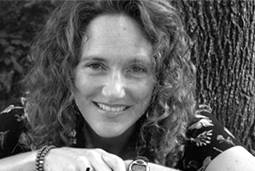
Cathy Law ’81
Current Title and Organization: High School Science Teacher at New Paltz High School and Adjunct Professor at SUNY New Paltz
Major at Colgate: Geology
Advanced Degrees: MS in Science Education
What do you currently do?
I teach 9–12 grade science classes which involves preparing and teaching lessons on everything from astronomy to environmental science. My job requires the skills of a lawyer, judge, therapist, entertainer, librarian, bookkeeper, and occasionally the police. It is never boring.
What was your first position out of Colgate and what did you do in that role?
I was a reconnaissance geologist for Anaconda Minerals in Alaska. We flew in helicopters and mapped the geology of the Alaskan wilderness. Fortunately for the pristine tundra and wildlife, we didn't find any valuable minerals.
How can students prepare themselves while at Colgate to work in your field?
To be a fabulous and passionate teacher you need to take as many upper-level science classes as you can. Fortunately, I took so many biology and geology classes that I was able to qualify for a double certification as an earth science and biology teacher.
What extracurricular activities, associated with your profession or not, were you involved with while at Colgate?
I was a member of the Outing Club. The geology department had an unofficial frisbee club which kept us in shape.
Find Opportunities
For teaching, winter-spring recruiting is typical for a fall start date. Outside of teaching recruiting is as needed, without a definite cycle.
- Careers at Achievement First Public Charter Schools
- Chronicle of Philanthropy: Job announcements are updated bi-weekly and organized by type (fundraising, giving, and managing) and by field (advocacy, arts, education, environment, health, religion, social services, and other organizations). For individuals interested in entering this profession, they also have an "Early Career Opportunities" section.
- HigherEdJobs
- Schoolspring.com is a simple and comprehensive education job search site.
- Teacher Degrees offers a rundown of employers and positions available in education.
- Vault is a platform that offers resources for your specific career path, including job search tips, opportunities, and information on employers within your industry of choice. Simply log in with LinkedIn or create an account using your Colgate email address.
- ESL Employment: offers free ESL/EFL worldwide job listings.
- Eteach.com is a job search database which allows you to specify country and teaching level. It also provides additional resources for individuals starting out on their teaching overseas job search.
- Teach Abroad allows you to search for opportunities by country
- Council on International Cultural Exchange (CIEE) is the country’s oldest and largest nonprofit study abroad and intercultural exchange organization.
Math for America Fellowships for math and science teachers
Match Corps is a one-year urban education fellowship in Boston
TNTP Teaching Fellows includes several teaching fellowship programs in various subjects and regions.
Many people start out in library science with a summer job, internship, or campus job in a library setting. If you have a location in mind, you can easily find listings of libraries of all types through the state's library. For example, to find a list of libraries in Maine, search the term “Maine State Library” to find the main page of the state library. State libraries are the major source of information about libraries in each state. You can also get started on this website.
Colgate Handshake Opportunities
Check Colgate Handshake, Colgate's internship and job database, for opportunities that may interest you in this field.
Connect to Careers
Latest stories about internships, workshops, professional networks, and more.
